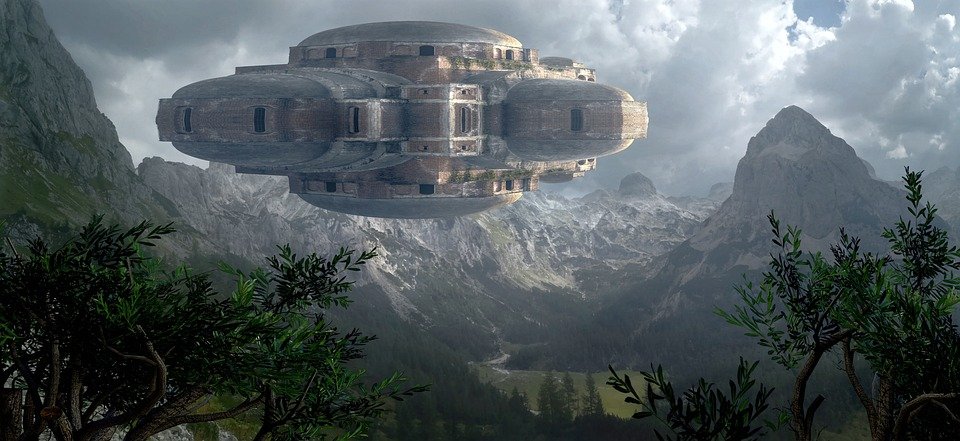Digital Collectibles and Virtual Realms: Exploring the World of NFT games
In recent years, the world of gaming has witnessed a significant transformation, thanks to the emergence of Non-Fungible Tokens (NFTs). NFTs have opened up new possibilities for gamers, allowing them to own and trade unique in-game items and assets. This fusion of digital collectibles and virtual realms has given birth to a new era of gaming, where players can truly own and monetize their virtual possessions.
NFTs are unique digital assets that are stored on the blockchain, making them easily verifiable and tamper-proof. Unlike cryptocurrencies, which are fungible and can be exchanged on a one-to-one basis, NFTs represent ownership of a specific item or asset, such as virtual real estate, characters, weapons, or even artwork within a game. This uniqueness and scarcity make NFTs highly valuable and sought after by collectors and gamers alike.
NFT games leverage the power of blockchain technology to create immersive virtual realms where players can explore, play, and trade. These games provide a decentralized and transparent environment, ensuring the security and authenticity of in-game assets. Moreover, the ownership of NFTs is transferred directly from player to player, eliminating the need for intermediaries and enabling seamless peer-to-peer trading.
One of the pioneers in this space is CryptoKitties, a game built on the Ethereum blockchain. In CryptoKitties, players can breed and collect unique virtual cats, each represented by an NFT. These NFTs can be bought, sold, and traded on various online marketplaces, with some rare kitties fetching astronomical prices. The success of CryptoKitties paved the way for numerous other NFT games, each offering its unique gameplay and collectible assets.
Another prominent example is Axie Infinity, a blockchain-based game where players can collect, breed, and battle adorable creatures called Axies. Each Axie is an NFT, and players can earn cryptocurrency rewards by participating in battles or breeding rare Axies. The game has gained immense popularity, with players forming communities and earning a significant income through their virtual endeavors.
Aside from collectibles, NFT games offer virtual real estate as another avenue for players to explore and monetize. Games like Decentraland and The Sandbox allow players to purchase and develop virtual land using NFTs. These virtual worlds are governed by their players, who can build, trade, and even monetize their creations within the game. This opens up new possibilities for artists, developers, and entrepreneurs to showcase their talents and earn a living in the virtual realm.
While the concept of NFT games and virtual collectibles has gained significant traction, it has also faced criticism. Detractors argue that the high energy consumption associated with blockchain technology and the volatility of cryptocurrency markets may pose environmental and financial risks. Additionally, concerns have been raised about the potential for fraud and scams within the NFT space.
Nevertheless, the world of NFT games continues to evolve and innovate. Major gaming companies and developers are beginning to recognize the potential of NFTs and are exploring ways to incorporate them into their existing games and platforms. This integration of traditional gaming with blockchain technology has the potential to revolutionize the industry, providing players with new ways to engage, compete, and monetize their gaming experiences.
As NFT games and virtual realms continue to grow, it is essential for players and enthusiasts to remain informed and cautious. Educating oneself about the technology, understanding the risks involved, and participating in reputable platforms are crucial steps to ensure a positive and secure gaming experience.
In conclusion, NFT games have opened up a new world for gamers, where digital collectibles and virtual realms converge. These games allow players to truly own and trade unique in-game assets, creating a thriving ecosystem for collectors and enthusiasts. While challenges and concerns exist, the potential for innovation and monetization within this space is undeniable. As the industry continues to mature, we can expect even more exciting developments and opportunities in the world of NFT games.

